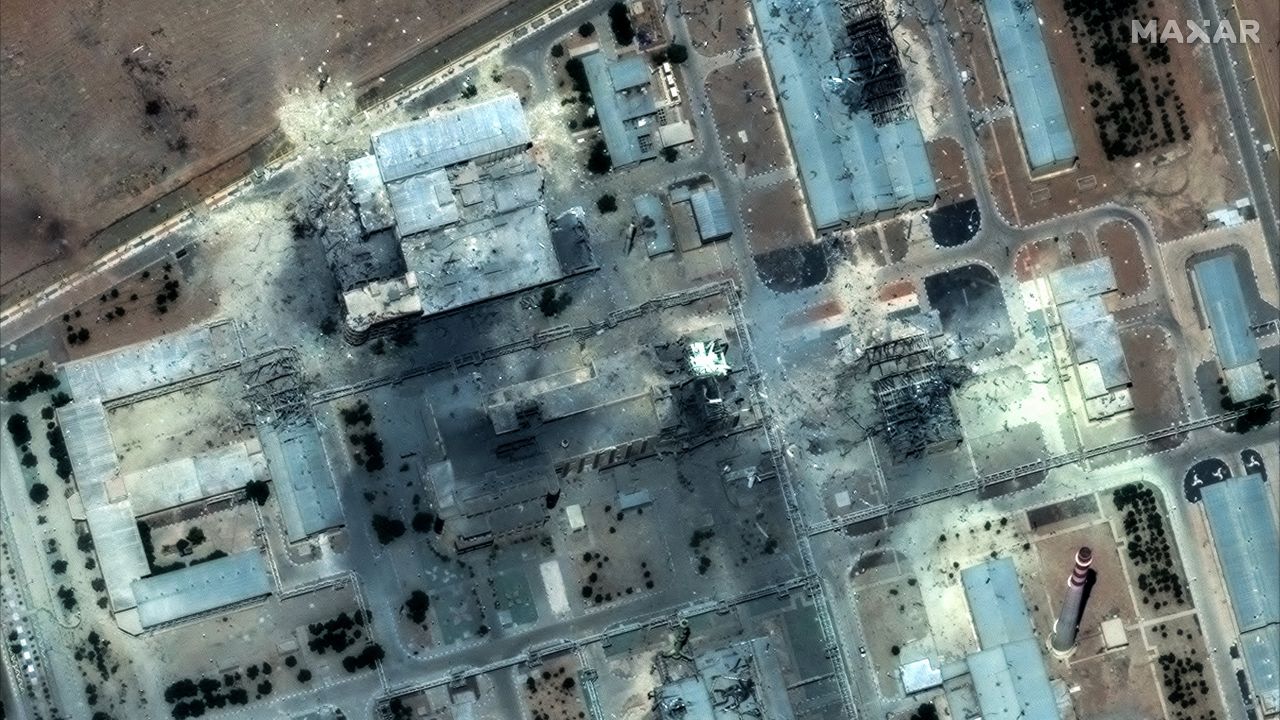Gambiaj.com – (WASHINON, DC) – Israel and the United States are jointly assessing the extent of damage inflicted on Iran’s nuclear infrastructure following a series of recent military strikes amid escalating tensions and sharp criticism at the United Nations Security Council.
Brig. Gen. Effie Defrin, the Israeli military’s chief spokesperson, confirmed ongoing cooperation between Israel and the U.S. in evaluating the aftermath of the attacks on Iran’s nuclear facilities.
“The damage is deep. We’re continuing to gather intelligence together with our partners to assess the depth,” Defrin stated.
The Israeli military also acknowledged that it carried out additional strikes late Sunday on targets in western Iran, including Hamedan and Kermanshah, as well as in the capital, Tehran. Among the targets, according to the Israeli military, was a missile production facility in Shahroud.
In an emergency session of the U.N. Security Council convened at Iran’s request, International Atomic Energy Agency (IAEA) Director General Rafael Grossi reported visible craters at the Fordow uranium enrichment site, raising suspicion of U.S. deployment of ground-penetrating munitions. However, Grossi emphasized that the extent of the underground damage remains unknown.
“At this time, no one, including the IAEA, is in a position to assess the underground damage at Fordow,” Grossi said.
He further noted that at Isfahan, buildings linked to uranium conversion were hit, and entrances to tunnels used to store enriched material also appeared damaged. Meanwhile, the enrichment facility at Natanz had again been struck, although details remain limited.
According to U.N. Assistant Secretary-General Miroslav Jenca, Iranian state media reported that personnel had evacuated the affected facilities and that Iran’s highly enriched uranium stockpile was relocated ahead of the strikes.
Iran has not publicly confirmed any loss of nuclear or military assets.
Addressing the Security Council, Iran’s U.N. Ambassador Amir Saeid Iravani issued a scathing denunciation of the attacks, labeling them violations of international law and warning of further escalation.
“Iran had repeatedly warned the warmongering U.S. regime to refrain from stumbling into this quagmire,” Iravani said.
He accused Israeli Prime Minister Benjamin Netanyahu of orchestrating the strikes by influencing U.S. President Donald Trump to adopt a more aggressive stance, alleging the U.S. was now doing “the West’s dirty work.”
“The United States decided to destroy that diplomacy,” Iravani said, referring to ongoing talks between Iran and European powers that he claims were undermined by the strikes.
Despite the intensifying rhetoric, Iravani insisted that Iran had never left the negotiating table.
“What conclusion can be drawn from this situation? From the perspective of Western countries, Iran must return to the negotiating table. But, as Iran’s foreign minister mentioned, how can Iran return to something it never left – let alone.”
As both sides dig in, the full impact on Iran’s nuclear program and regional security remains uncertain, with calls for restraint growing louder at the United Nations and among global powers.










